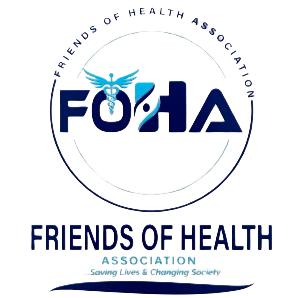 Most people who get meningitis survive, often without any after effects, but sometimes these diseases cause a range of disabilities and problems that can alter people's lives. After effects may be temporary or permanent, physical or emotional. People respond to their own situations differently, but frequently are unsure of what to expect after meningitis.
Most people who get meningitis survive, often without any after effects, but sometimes these diseases cause a range of disabilities and problems that can alter people's lives. After effects may be temporary or permanent, physical or emotional. People respond to their own situations differently, but frequently are unsure of what to expect after meningitis.
Relatives and friends may also feel the need for information, because the person who is recovering often needs a great deal of support. Getting over meningitis can make major demands on people. Fortunately, many problems improve and disappear over time.
Behavioural and emotional effects are quite common: children can be clingy and have temper tantrums, adults can feel despondent and irritable. Although these feelings usually resolve themselves, lasting psychological problems can be serious enough to need referral to mental health services or to a counsellor.
Hearing loss is probably the most common serious physical after effect. Approximately 21% of children who survive pneumococcal meningitis have some degree of hearing impairment.
Damage to the brain and other parts of the nervous system can also cause severe learning
difficulties, problems with movement and coordination that can be as severe as cerebral palsy and paralysis, speech and language problems, epilepsy and visual impairment. Although pneumococcal meningitis is a very serious illness, most people do survive without any permanent damage.
Am I at risk of spreading or contracting the disease if I have been in contact with a patient with pneumococcal meningitis?
Contact with someone with pneumococcal meningitis presents no particular risk. Many people carry pneumococcal bacteria in the back of their nose and throat and although the bacteria are easy to pass on, it is extremely rare for a healthy person to catch severe pneumococcal disease from someone in their household who has the illness.
Outbreaks of invasive pneumococcal disease in a nursery or nursing home or other ‘closed’ setting need prompt investigation. Certain control measures may be appropriate such as vaccination of close contacts or treating close contacts with antibiotics
